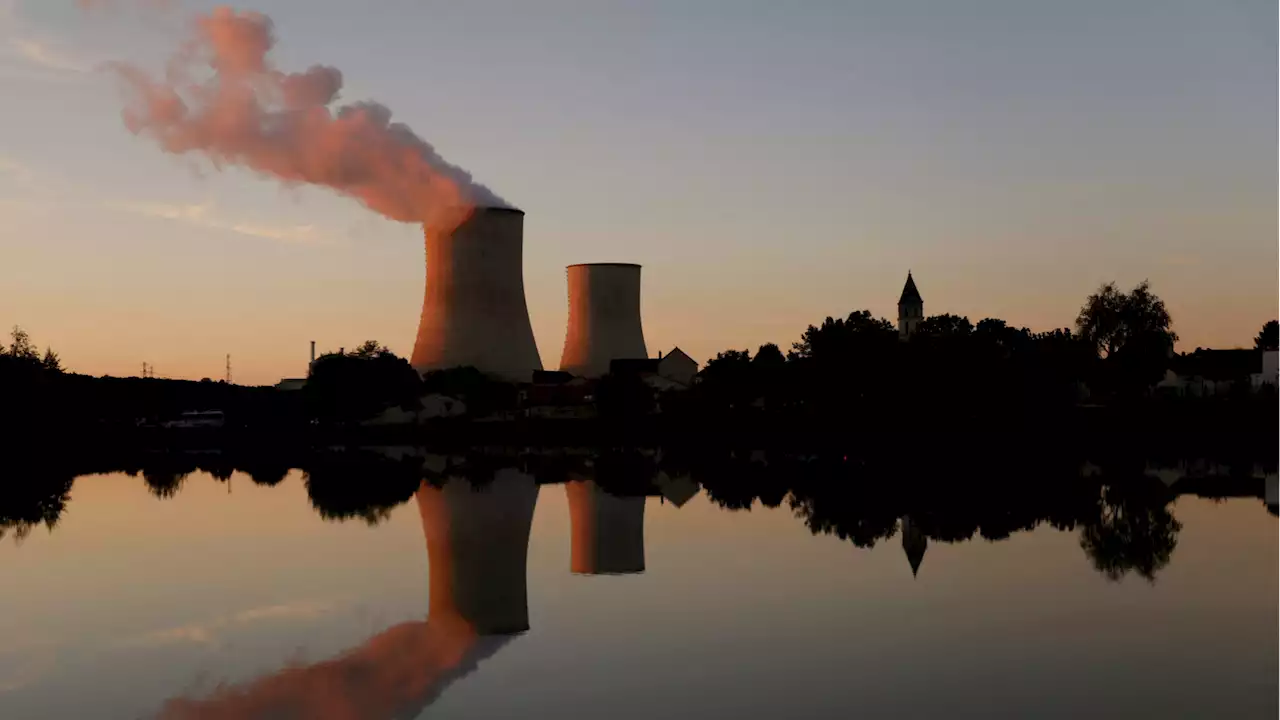About-turn raises many challenges after technology’s long wilderness period
As Europe’s energy crisis and climate concerns swing momentum back behind nuclear power, the plans to build new reactor plants in France should have been a boost for an industry emerging from two decades of political reproval and dried up order books.
“We’d been told for years: please, prepare yourselves to shut reactors,” Jean-Bernard Lévy, the outgoing chief executive of state-controlled French nuclear site operator EDF, told a conference in Paris in August. He was flanked by a government minister as he delivered his rebuke and warned of a lack of qualified construction staff.© Sameer Al-Doumy/AFP/Getty Images
Opposition to atomic power, including from some environmentalists because of the difficulty in disposal of the most toxic nuclear waste, has since weighed heavily on the sector. It only began to be cast in a favourable light again in recent years thanks to one of its key attributes: low carbon emissions.
Now, the challenges raised by France’s about-turn are being replicated the world over, following a long period in the wilderness for nuclear technology, exacerbated by theIn Europe, Belgium wants to delay its phase out of atomic energy. In Germany, the energy crisis has revived a thorny debate over whether to take another look at a technology it had long turned its back on. In Britain, plans have been confirmed for a new £20bn atomic plant to add to one under construction.
